The objective of this note is not only to provide information on the ongoing Rabi season but also to comprehend the relation between the status of the crop sown regarding its production, prices owning to climatic, socio-economic, and political conditions.
Major crops & Location
Rabi crops are mainly grown in India’s north and north-western parts, such as Punjab, Haryana, Himachal Pradesh, Jammu and Kashmir, Uttarakhand, Uttar Pradesh. The sowing begins in October and concludes in mid-November.
Wheat, rice, jowar, maize, barley, gram, groundnut, rapeseed & mustard, and groundnut are major crops cultivated during the rabi season, among which groundnut and rapeseed & mustard are the most grown with few others like linseed, sesame, and castor.
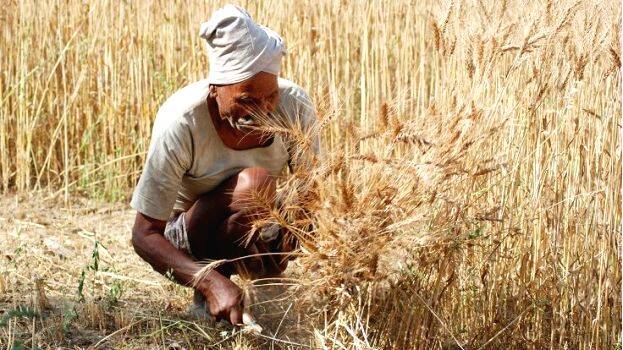
Crop acreage, Rainfall & Production estimates
Till 5 November 2021, 9.2 million hectares were brought under cultivation. This was 6.3 percent more than the area sown in a similar period a year ago. The common area for the 2021-22 rabi season is 62.5 million hectares.
As per the Ministry of Agriculture & Farmers Welfare, cumulative rainfall during the monsoon season (Oct 2021 – Nov 2021) has been 38% higher than the LPA.
The Centre has set a target of foodgrains production at 307.33 million tonnes during this rabi season. The targets for rice, wheat, coarse cereals, and pulses have been set at 121.10 million tonnes, 110 million tonnes, 51.21 million tonnes, and 25 million tonnes.
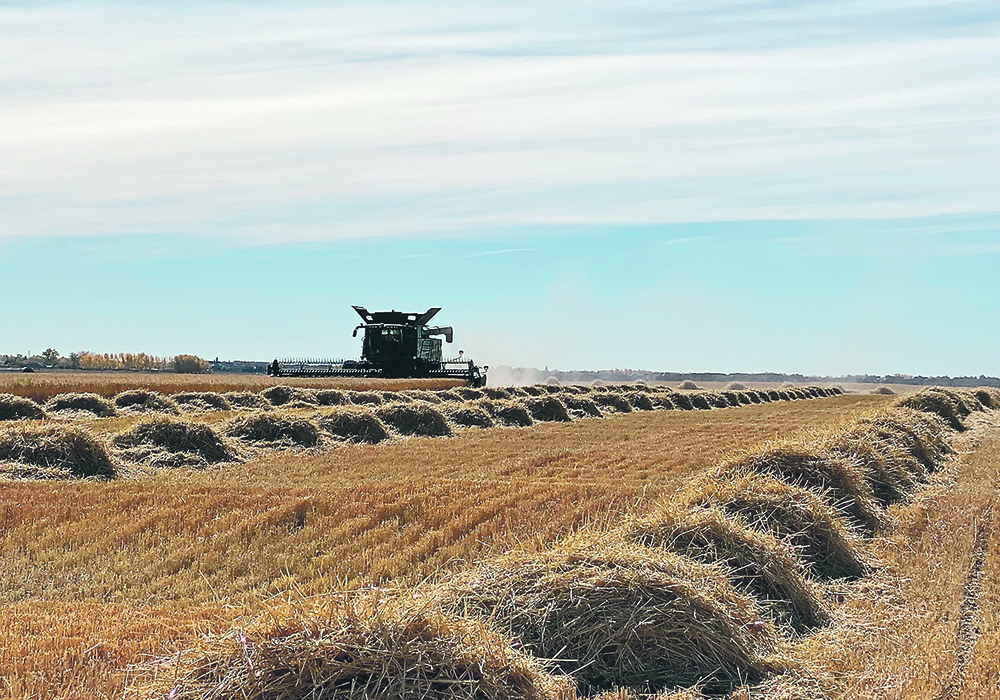
Conclusion
Prospects for rabi output appear to be good since heavy rains during September and good precipitation in October, as well, have resulted in sufficient soil moisture required for rabi crops. As per the CCEA, the Center approved an increase in MSPs for many rabi crops. Growing wheat or other commercial rabi crops will be highly beneficial for farmers this rabi season.
Sources: https://agricoop.nic.in/sites/default/files/CWWG%20Minutes-18.11.2021.pdf
https://www.cmie.com/kommon/bin/sr.php?kall=warticle&dt=20211108214055&msec=800

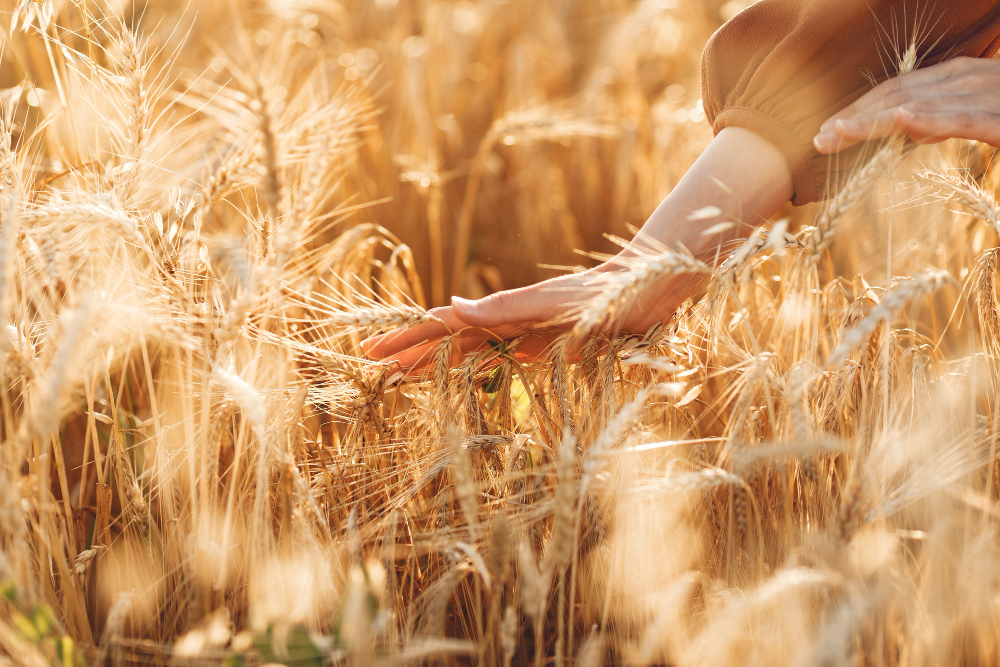
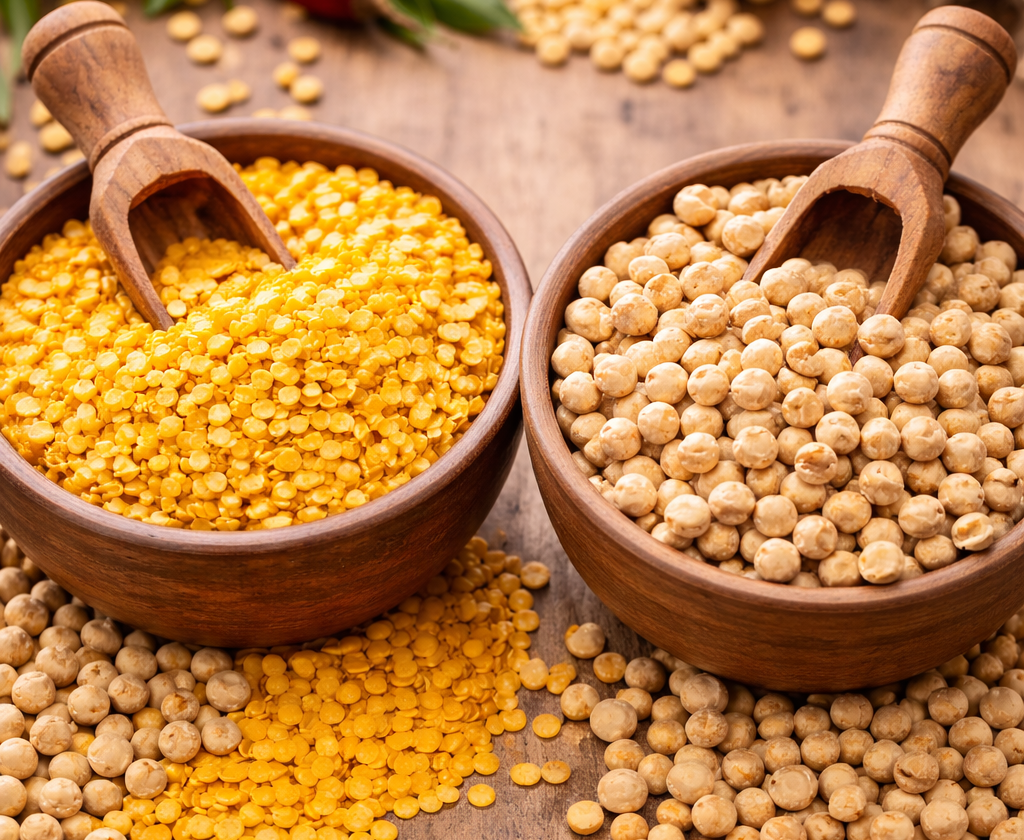
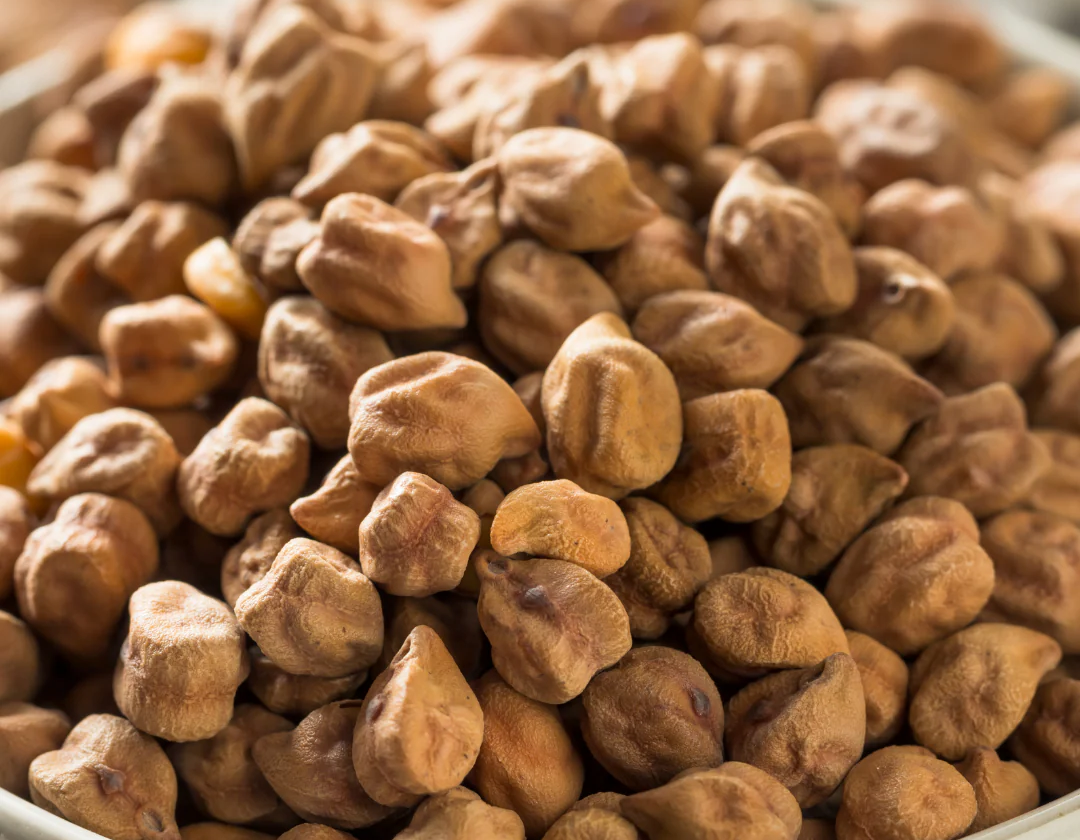
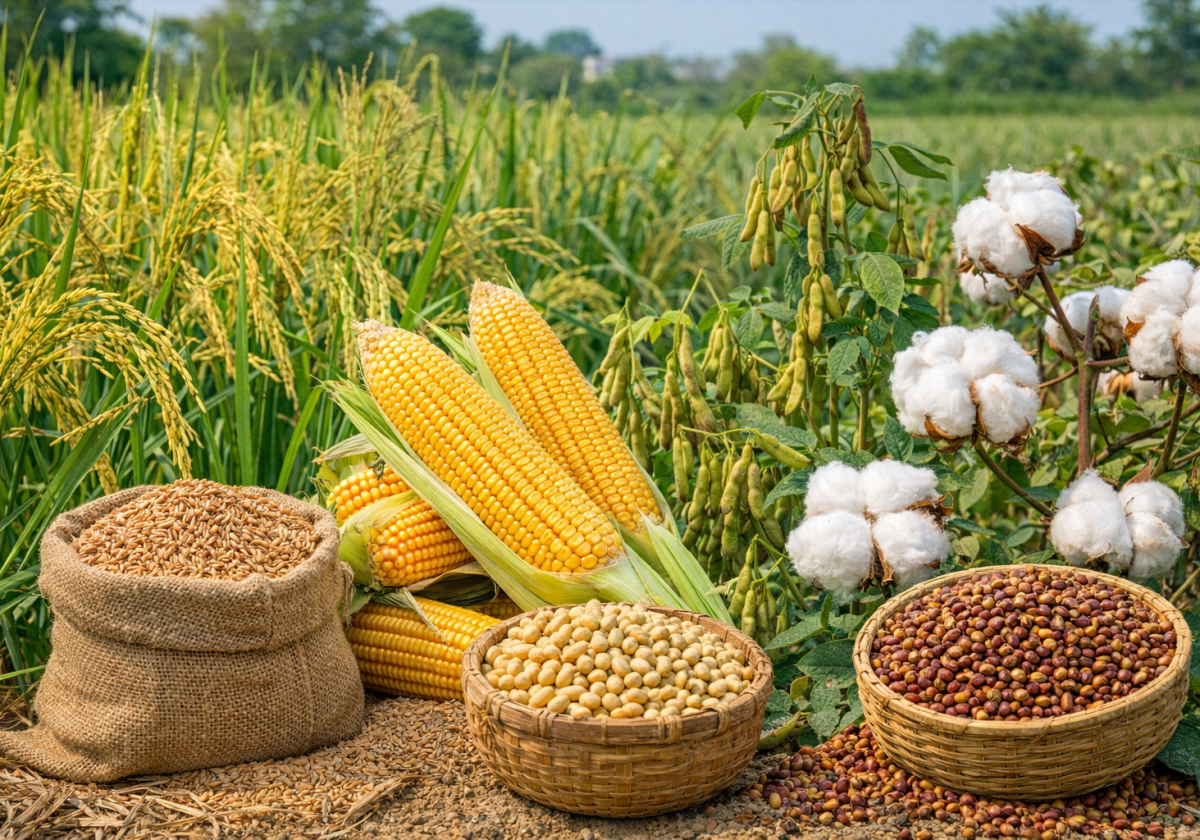

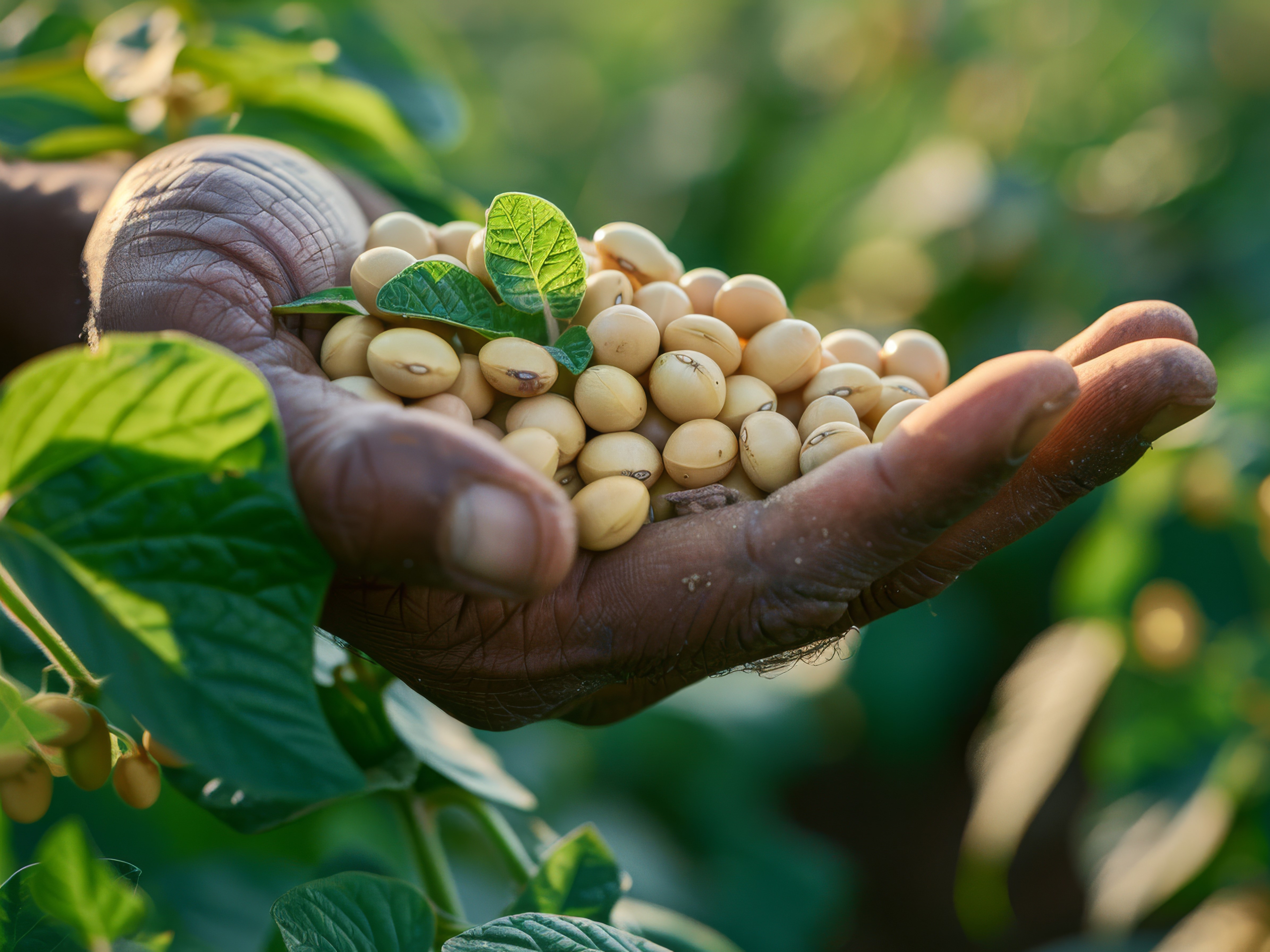

 Connect With Us
Connect With Us